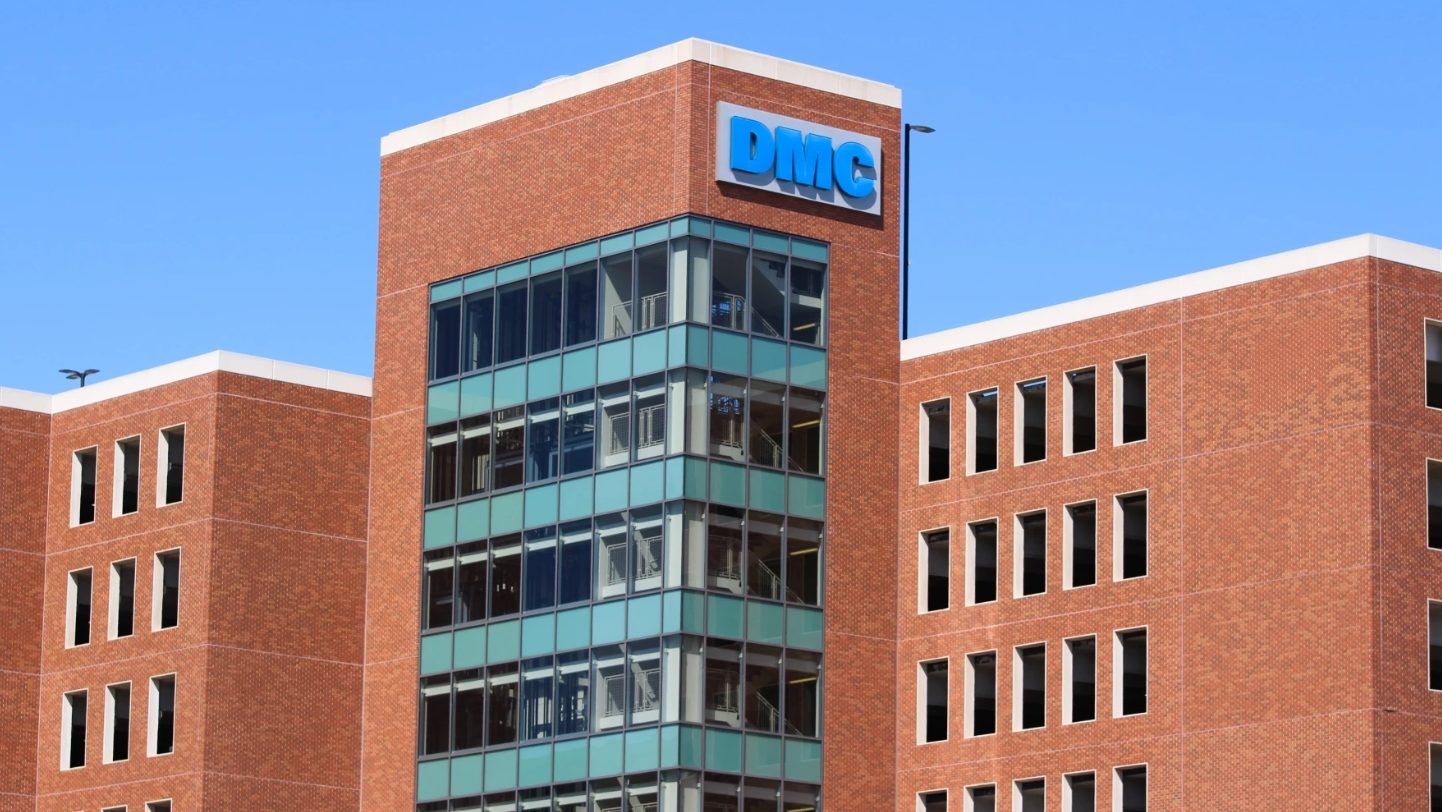Two Detroit hospitals get ‘F’ grades in patient safety
Two Detroit hospitals, both part of the Detroit Medical Center, have received “F” grades on patient safety in a recent report.
Detroit Receiving Hospital and Sinai-Grace Hospital got those grades in the report by the Leapfrog Group, which describes itself as a nonpartisan, nonprofit organization that serving as a patient watchdog.
The group says its grades reflect the ability of hospitals nationwide to keep patients safe and prevent them from contracting illnesses or conditions they did not have upon admission.
Bret Jackson, president and CEO of the Economic Alliance for Michigan, which collaborated with Leapfrog on the study, said the findings in the Detroit hospitals were concerning.
“There are some areas where they may even be the worst hospital in the country for a specific metric,” Jackson said.
The report rated the two DMC hospitals poorly in several critical areas, including surgical wounds that reopen, deaths from serious yet treatable complications, severe breathing problems, dangerous bedsores, patient falls and injuries, and harmful blood clots.
The Detroit Medical Center said the report’s findings painted an incomplete picture.
“Detroit Medical Center does not submit data or participate in the annual Leapfrog Hospital Survey. Grades are still published even though there is incomplete or dated information,” the medical center said in a statement to Michigan Public.
DMC did not respond to a followup question asking why it does not participate in the survey.
Jackson said DMC’s participation in the Leapfrog survey is not essential to the grading, as most of the metrics the report used come from the federal Centers for Medicare and Medicaid Services.
Jackson said he believes that ensuring patient safety starts with senior management.
“Leadership has to engage every single person — not just doctors and nurses, but also those who clean the rooms and work security. Everyone in the hospital must be committed to making it the safest and least harmful place for patients,” he said.
Jackson said the hospitals can improve their scores. He said he’s seen hospitals with D and F grades transform into A-grade facilities in a relatively short period and hopes for a similar turnaround at DMC.

The post Two Detroit hospitals get ‘F’ grades in patient safety appeared first on WDET 101.9 FM.

